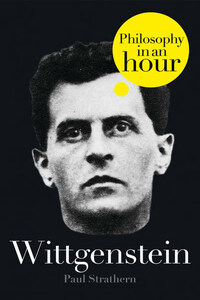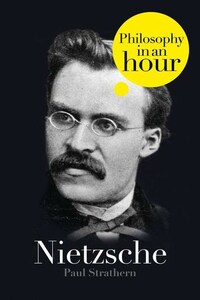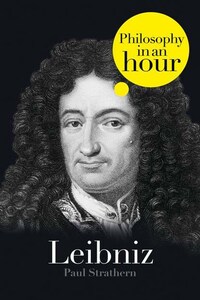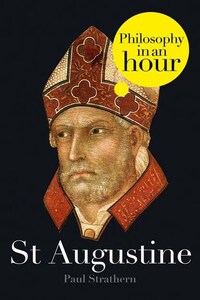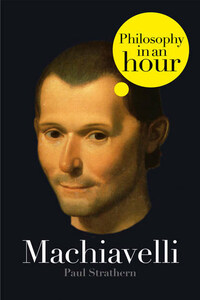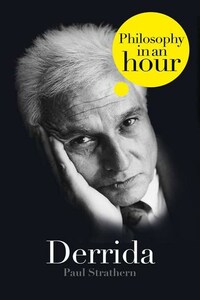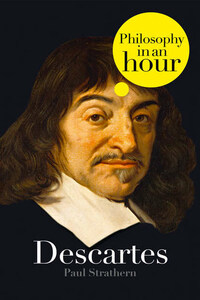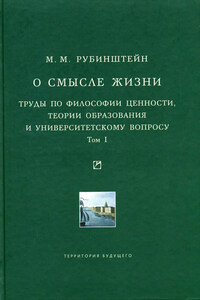If we accept Wittgenstein’s word for it, he is the last philosopher. In his view, philosophy in the traditional sense – as it had been known in the twenty-five centuries since it was started by the ancient Greeks – was finished. After what he had done to philosophy, it was no longer possible.
It is fitting that philosophy should end with its most limited practitioner. Ludwig Wittgenstein was a superb logician, and his solution to the problems of philosophy was to reduce them to logic. All else–metaphysics, aesthetics, ethics, finally even philosophy itself – was excluded. Wittgenstein sought the ‘final solution’ for philosophy, with the aim of putting an end to it once and for all. He had one go at this, but it didn’t work; so he had a second try that did.
Apart perhaps from Leibniz, Wittgenstein is the only major philosopher to have produced two distinct philosophies. And when one considers that both of these were dedicated to finishing off philosophy, one begins to get a measure of the man’s perverse dedication.
His father had something to do with this. It is appropriate that Wittgenstein grew up just across town from where Sigmund Freud had recently installed the world’s most famous couch. Wittgenstein’s father Karl was a tyrant. By the time young Ludwig arrived on the scene his father was one of the uncrowned industrial kings of Europe (more powerful even than Krupp) and a predominant influence on the Viennese cultural scene (Brahms would play at home after dinner, and in the art world he personally funded the Vienna Sezession). Karl Wittgenstein had a domineering personality, a first-class intellect, a deep understanding of culture, and the self-assurance that he could charm the birds from the trees (on the days when he didn’t feel like blasting them off the branches).
Karl’s influence on his family was catastrophic. Young Ludwig had four older brothers, most of whom appear to have been brilliant, exceptionally highly strung, and homosexual. Three of them were to commit suicide, a possibility that Ludwig clung to like a talisman throughout his life. The other brother who survived became a concert pianist, had his right hand blown off in World War I, and afterward continued with his career, commissioning piano concertos for the left hand, including the celebrated one by Ravel. He was not considered to have been as brilliant as his other brothers, or even the best pianist.
Ludwig Wittgenstein was born April 26, 1889, and brought up in a palace on the exclusive Alleegasse (now called Argentinierstrasse) in Vienna. Although Wittgenstein was predominantly Jewish by blood, his family had become Christians, and he was baptized a Roman Catholic. He was educated by private tutors amidst an atmosphere of extreme cultural intensity (suicidal genius brothers practiced at the grand piano long into the early hours; a sister commissioned her portrait by Klimt and rejected the Goyas from the family collection because ‘their tone was out of place’). At the age of ten, young Ludwig single-handedly designed and constructed out of pieces of wood and wire a model sewing machine. By the time he was fourteen he could whistle entire movements from a number of well-known symphonies. These activities would seem to be the nearest he came to playing in the manner of an ordinary child.
In 1903 Wittgenstein left home for the first time to attend the Realschule in Linz, where he studied mathematics and science. Curiously, Hitler was at this school at the same time. They were both the same age and should have studied in the same class. Wittgenstein considered that he was a mediocre student, but he was nonetheless promoted to the year above his age group; Hitler records how he shone among his doltish classmates, but according to the records he was kept back in the year lower than his age group. So the whistling dolt and the supreme genius never met.
After this Wittgenstein studied mechanical engineering for two years at the Technische Hochschule at Charlottenburg in Berlin; and in 1908 he left to continue his studies in England. For the next three years he did research in aeronautics at Manchester University, and conducted experiments with kites at the Upper Atmosphere Station near Glossop in Derbyshire. At this stage he showed no sign of what was to come. He knew nothing about philosophy, and was considered by his colleagues quite bright though certainly not brilliant. In the typical English manner of the period, Wittgenstein’s colleagues tended to regard him merely as an eccentric German. They were wrong: he was an eccentric Austrian – a rare but altogether more idiosyncratic breed.
